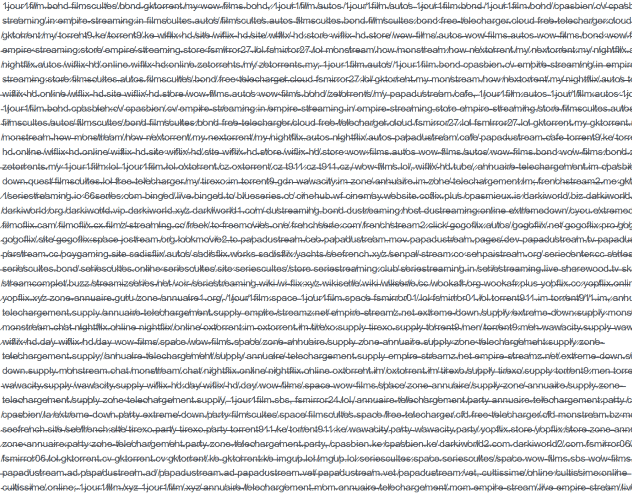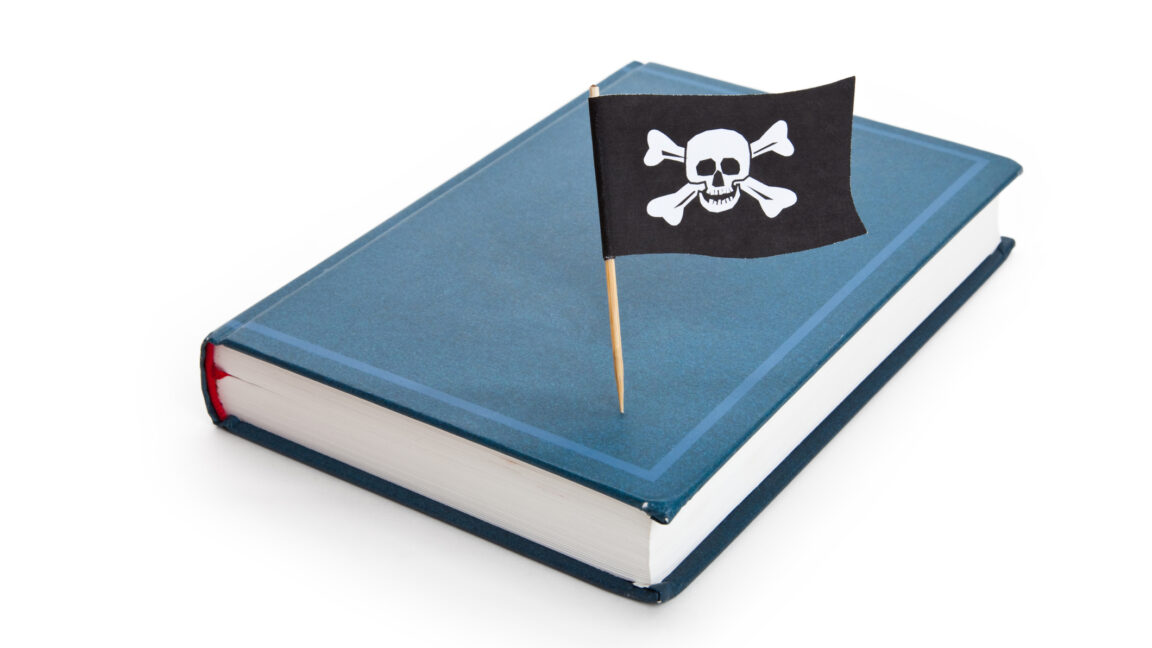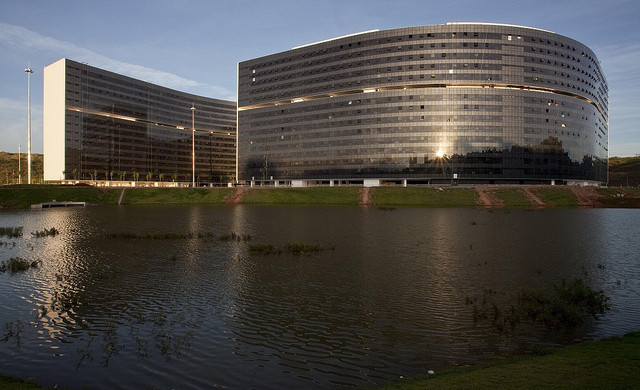Publishing Pirate Site-Blocking Orders is a Good Start, But It’s Not Transparency
Recognition of transparency in the FADPA site blocking bill is welcome, but will be become reality? So far, many blocking regimes have lacked transparency. The true scale of site blocking action in Europe, let alone the world, is effectively proprietary information to which the public has zero access. It may be the ideal time for global site blocking to implement global transparency by default. From: TF, for the latest news on copyright battles, piracy and more.

 A little over a week ago, Rep. Zoe Lofgren introduced the Foreign Anti-Digital Piracy Act (FADPA).
A little over a week ago, Rep. Zoe Lofgren introduced the Foreign Anti-Digital Piracy Act (FADPA).
Should it become law, FADPA would allow rightsholders to obtain site blocking orders in the United States aimed at piracy sites believed to be operated from overseas. The no-fault injunctions envisioned by the bill would require local ISPs and public DNS providers to prevent their users from accessing these illicit foreign platforms, without being held liable for customers’ infringements.
No Sign of Opposition
Negotiations over the role of ISPs in FADPA started months ago. Avoiding another SOPA-like conflict is obviously preferred, but also concedes that if ISPs aren’t fully onboard, the entire plan could be rendered unworkable. As far as we’re aware, ISPs in the U.S. haven’t made any FADPA-specific public comments, mentioned any negotiations, revealed their positions on the bill, or discussed implications with customers.
Full transparency at this early stage is obviously a pretty big ask, but the bill itself does recognize its importance. Backed by a set of ‘best practices‘ reported here just a few days ago, the level of transparency suggested in the bill would see blocking orders made available on a “publicly accessible website” and provide details including the petitioner’s name, the foreign website subject to blocking, the date and duration of the order, and a summary of the court’s findings.
While that’s a good start, it provides zero visibility of any actual blocking.
The Hidden Blocking War Should Be Transparent
Based on experiences elsewhere, initial blocking orders represent only the start of what is almost guaranteed to be a prolonged war. The overwhelming majority of all blocking currently takes place in response to countermeasures deployed by pirate sites, and not necessarily in the form described in the initial order, if any description is provided at all.
It’s not uncommon for sites to change their identities from those listed in court orders. Even when they don’t, blocking typically runs for years when large sites are involved.
In the UK, The Pirate Bay has been subjected to blocking for 13 years, during which hundreds or even thousands of domains have been blocked. Having no direct connection to the site’s operators doesn’t prevent blocking of third-party sites, including those with no connections at all beyond a similar name.
Prolific site cloning is currently countered with ‘brand blocking’ and for good reason that also appears in the FADPA proposal. Such blanket measures may be a necessity when tackling the most resilient sites; yet when that doesn’t work, only transparency can provide insight into what happens next. Good luck with that.
Full Transparency Can Easily End in None
After full transparency was promised in Italy, data actually made available to the public is so restricted and untimely, even provisions that promise redress for overblocking are effectively useless. France has an established blocking program too, but ‘transparency’ effectively amounts to announcing the number of sites blocked every few months. Real transparency hasn’t materialized at all and seems unlikely to do so. Only through sheer persistence is it possible to obtain very limited information concerning blocking, and at that point the volumes speak for themselves.
Representing only a sample of blocking in France from January 1st 2025 to date, most if not all domains below have been blocked by ISPs and deindexed by Google, for undermining earlier blocking.

How many waves of blocking have been undermined, reblocked, then undermined again isn’t clear. In many cases the original domains requested for blocking are a distant memory. The sites themselves, though, are clearly still online, hence the need for more blocking. And deindexing. All day, every day, all over the world, soon to include the United States.
No Visibility When Blocking Meets the Private Sector
If FADPA becomes law and site-blocking practices play out in the United States as they have elsewhere, other than the appearance of initial court orders, much of the follow-up could disappear behind closed doors and rarely get mentioned in public again.
Consultations on upgrades and modifications to blocking measures might not play out in court, or within earshot of internet users in general. Initially brought together to meet the requirements of a single blocking order issued by a court, everything that happens between rightsholders and ISPs thereafter, may remain unseen. Under a different name, this is the ultimate goal that has already been achieved elsewhere.
If a Portugal-style administrative site-blocking scheme had been explicitly detailed at the top of the bill, that could’ve caused issues down the line. In practical terms here, once a judge has signed off on an injunction, private companies will begin working together under almost zero obligation to disclose anything. In Europe, that’s worked out exactly as one would imagine.
It’s Now or Never
Given a strict choice between the FADPA proposal and any other major blocking program in existence today, hardcore site-blocking opponents would likely reject both on principle. For those who understood the point of the question, FADPA is the most the sensible answer; the MPA is the most accomplished site-blocking group, and least likely to stray from its own rules laid out in the bill.
The MPA also has impeccable vision; FADPA seems designed to ensure that within legal limits, the MPA’s freedom to do whatever it likes will face zero resistance as it continuously expands and tightens. The real fun? When less well-known rightsholders get involved and their version of freedom plays out.
So, if the bill gives rightsholders everything they need, and ISPs everything they need, perhaps those whose monthly subscriptions enable the very existence of both industries (and will end up paying for the blocking program) should at least be allowed to watch; by default, globally.
There won’t be a second chance, ever.
From: TF, for the latest news on copyright battles, piracy and more.







































































